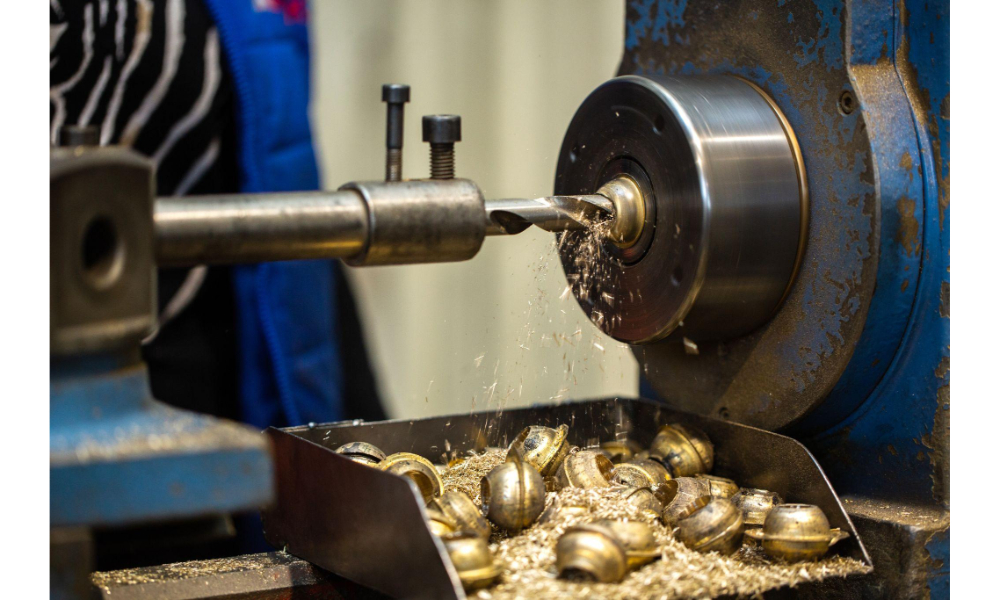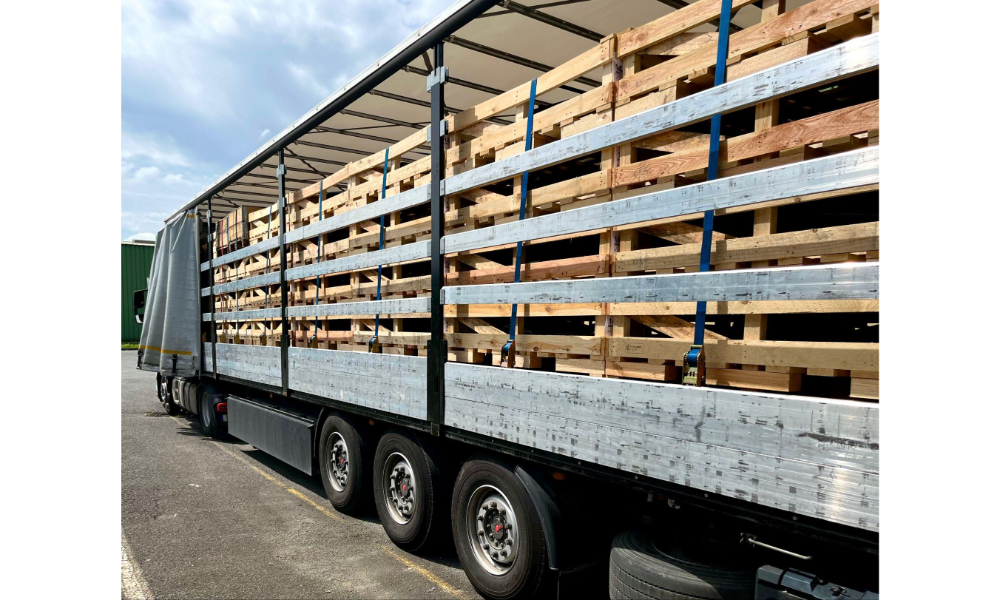Think of the objects we use daily—from the slim casing of a smartphone to the structural parts of an aircraft. Each demands designs that are both intricate and robust. Traditional machining would struggle to deliver such results without long hours, high costs, and inevitable inconsistencies. Enter the CNC milling machine, the tool that has transformed metal fabrication from a craft of limitations into a field of near-limitless possibilities. It enables fabricators to bring ambitious ideas to life with speed and accuracy by combining digital precision with the muscle of advanced cutting tools.
Precision that Turns Concepts into Reality
Complexity in design means nothing if it cannot be manufactured. For instance, a turbine blade or a surgical implant is useless on paper if production cannot match the drawing’s precision. Manual machining often left room for error, relying too heavily on human judgment. On the other hand, a CNC milling machine follows digital instructions down to micrometres. Every cut, every angle, every contour is exact. This repeatable precision ensures industries can trust that the first part and the thousandth will be identical, giving engineers confidence to push designs further without fear of production failures.
Adaptability Across Materials
Every industry has its own material story. Aerospace engineers often favour aluminium for its light weight, while automotive and defence sectors lean towards tougher steels. The ability of a CNC milling machine to adapt cutting speeds, feeds, and tooling to these different metals makes it indispensable. This adaptability reduces the need for multiple setups or specialist equipment. One system can switch from shaping delicate aluminium housings to machining dense, heavy-duty steel parts. This flexibility saves time, reduces costs, and keeps workshops capable of handling a wide range of projects without disruption.
Accelerating Prototyping and Custom Work
Innovation thrives on iteration, and no one can afford slow feedback loops. Prototypes once took weeks or months to produce using traditional machining. Now, CNC milling allows engineers to move from a CAD file to a finished component within a single day. Once changes are needed, new instructions can be uploaded instantly, and the part remade with minimal downtime. This agility is invaluable for metal fabrication. It supports industries where designs change quickly—from medical devices tailored for patients to one-off automotive parts. Instead of slowing progress, CNC technology accelerates it.
Efficiency That Cuts More Than Metal
Working with high-value materials like titanium carries an inherent risk: waste. Traditional processes often removed too much material or required repeated adjustments, leading to expensive scrap. A CNC milling machine follows pre-programmed tool paths that minimise unnecessary cuts. Less waste translates into lower material costs and greener operations. Efficiency is more than a financial advantage for today’s fabricators; it is also a response to growing pressure for sustainable manufacturing. CNC milling delivers both savings and responsibility by extracting maximum value from every sheet or block of metal.
Moving Towards Smarter Fabrication
CNC technology does not exist in isolation. Modern machines are now part of connected manufacturing systems. Virtual simulations allow processes to be tested before metal is even touched, avoiding costly mistakes. Automated handling systems mean parts can be moved, loaded, and unloaded without slowing down operations. The CNC milling machine is not only a cutting tool within this digital ecosystem; it becomes a hub of advanced metal fabrication. It ensures high-volume production does not mean compromising on complexity, and complex designs do not mean delays.
Conclusion
The shift towards complex, customised, and high-performance designs has forced fabricators to rethink how they work. The CNC milling machine has answered that challenge by delivering precision, versatility, and efficiency that traditional methods cannot match. From prototyping to mass production, it enables fabricators to turn ambitious ideas into tangible, reliable products.
Contact Disk Precision Group to take your designs from concept to precision reality.




